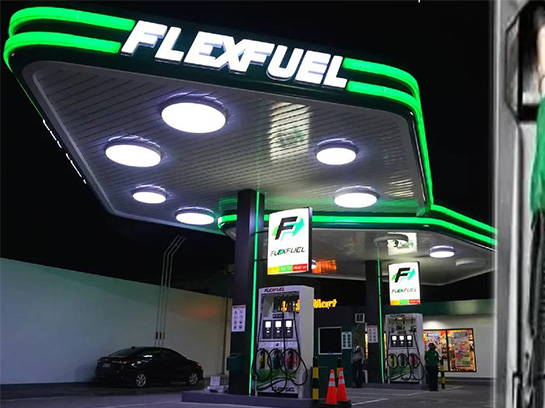Flex fuel, also known as flexible fuel, is a type of alternative fuel that is designed to be used in vehicles with engines that can operate on either gasoline or a blend of gasoline and ethanol, which is usually made from corn or other crops.
The future of flex fuel largely depends on several factors, including government policies and regulations, advances in technology, and changes in consumer preferences. Here are some potential trends that may shape the future of flex fuel:
Increased government support: Governments around the world are increasingly interested in reducing their dependence on fossil fuels and promoting cleaner forms of energy. As a result, we may see increased support for flex fuel vehicles through policies such as tax incentives or mandates.
Advances in technology: As technology advances, it may become more cost-effective and efficient to produce and use flex fuel. For example, new methods of producing ethanol could make it cheaper to produce, and improvements in engine design could make it more efficient to use.
Shifting consumer preferences: As consumers become more concerned about the environment and the impact of their choices, we may see increased demand for flex fuel vehicles as a more sustainable and eco-friendly option.
Overall, while the future of flex fuel is uncertain, it is likely that it will continue to play a role in the transition to cleaner and more sustainable forms of transportation.


